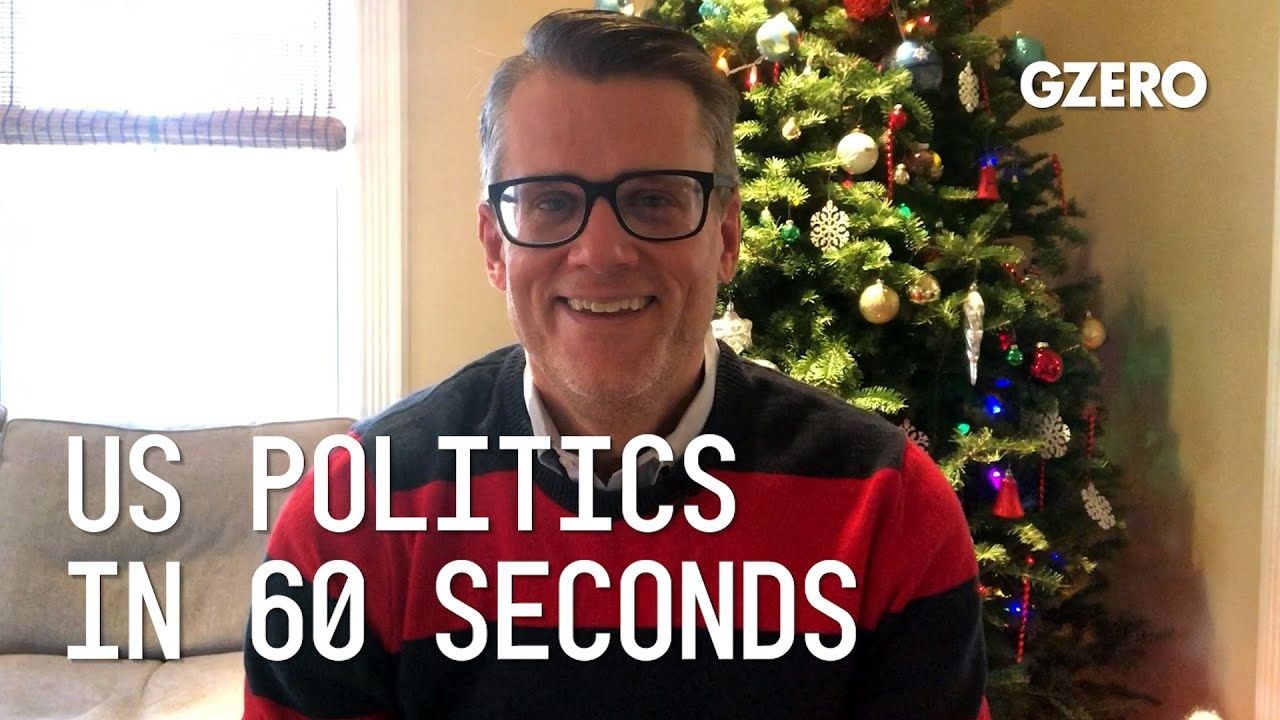
Ben White, Chief Economic Correspondent for Politico, answers your most burning questions on US Politics!
What will Chief Justice John Roberts' role be in the Senate impeachment trial?
Well, as chief justice, he presides over the trial, but it's largely a ceremonial role. Most of the actual work gets done by senators led by Majority Leader Mitch McConnell. So, it should not put John Roberts in too many difficult political positions.
Would a Warren-Sanders ticket be a dream or a nightmare for Democrats?
I think it'd be a terrible nightmare for them. I think they'd lose every swing state. Too many people afraid that it's a too left wing ticket and afraid they'd lose their privately provided health care. So, I think it'd be a disaster. I don't think it's going to happen.
Finally, in this age of polarization, partisanship, are there any things that Democrats or Republicans still agree on?
Well, they agree on USMCA, the trade deal which looks like it's going to sail through both houses. Already passed the House, will pass the Senate in January. And they agree that deficits no longer matter. Both parties happy to spend tons of money to avoid a shutdown and send everybody home for the holidays. So, deficits don't matter. They all agree on that.